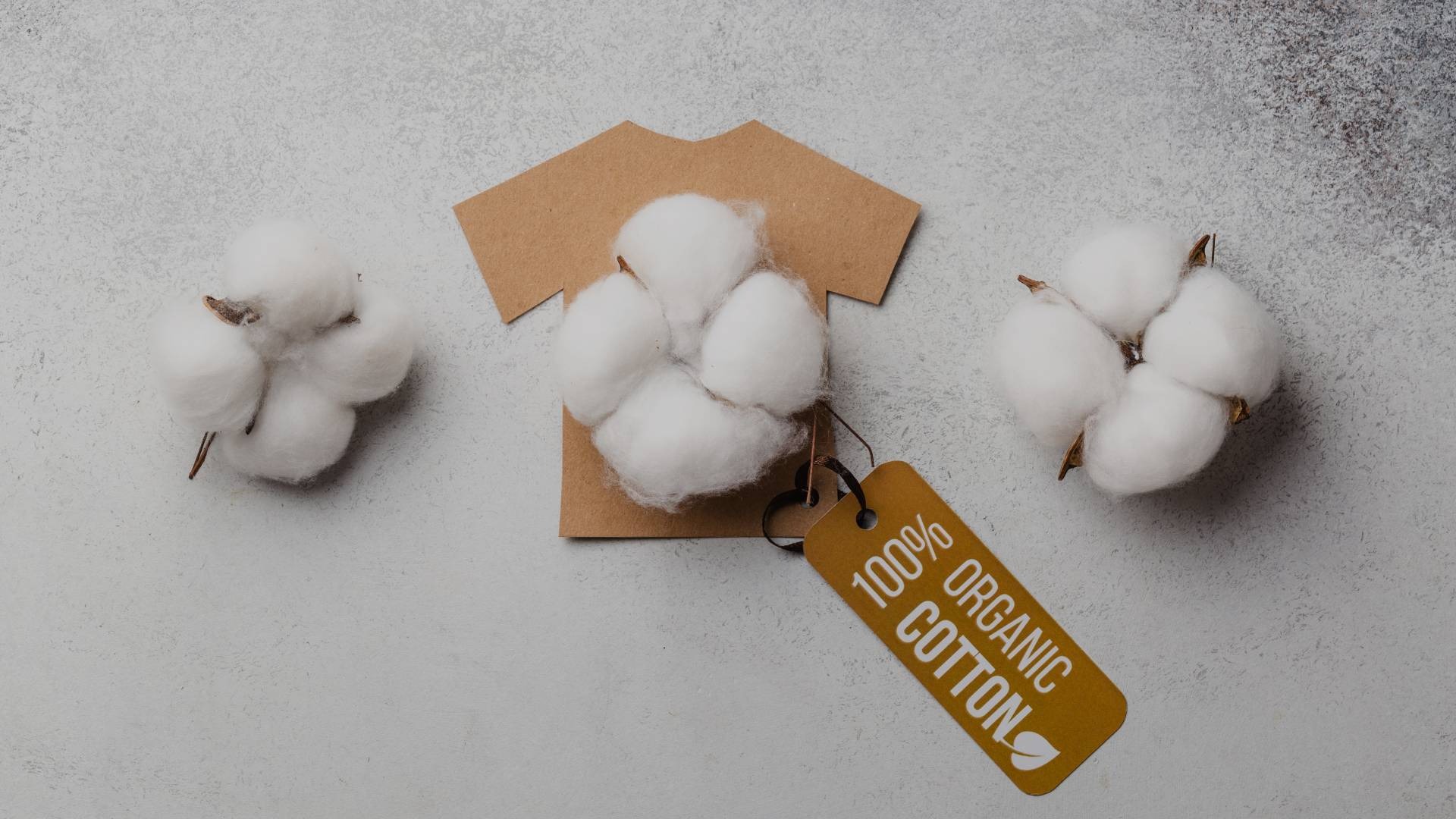
Category: FIBRES
Country: India
Region: Asia
By Welspun Living
23rd April 2024
Exploring the Shift: The Embrace of Organic Cotton in India's Cotton Textile Industry
Cotton has been the lifeblood of the Indian textile industry for centuries. Its soft fibers and comforting texture have made it the unwavering champion of home textiles and fabrics around the world, and the Indian cotton textile industry has played the role of a stalwart on that front. However, the world faces a dire opponent in the form of climate change, and conventional cotton farming practices have taken a hit as a result. Thankfully, innovation is the soul of human society, and organic cotton farming has emerged as an alternative to conventional methods. A process that involves cultivating cotton at its purest, most natural state. Keeping in line with global trends, the cotton textile industry in India is embracing organic farming techniques to reduce its footprint on the environment.
What is Organic Cotton Farming?
Conventional cotton farming involves the use of chemicals like synthetic fertilizers and pesticides to accelerate growth and improve shelf life. While these methods are employed for capitalistic gain and logistical benefits, they’re harmful to the environment and interfere with the natural properties of cotton. Organic cotton farming rectifies this by following the natural course of cultivation and avoiding the use of such chemicals. This translates to healthier soil, cleaner water, and a more vibrant ecosystem.
Why is organic cotton farming fueling the growth of the cotton textile industry in India?
There are several reasons for the advent of organic cotton farming in India, and most of them have to do with increased environmental consciousness and stress driven by climate change.
Reduced impact on the environment: Conventional cotton farming leaves a trail of chemical residues, polluting soil and water sources. It is also a major contributor to agricultural wastewater, consuming a third of the global agricultural water supply. Crops that are grown using these chemicals require a lot more water to grow. Organic cotton farming follows the natural process, avoiding these chemicals and consuming much less water in the process without polluting the crop.
Consumers have become more eco-conscious and seek organic alternatives: Consumers in India are keeping up with global trends and have become aware of the environmental risks involved with conventional cotton farming. Their mentality has shifted dramatically as they lead a nationwide push for sustainable agriculture by demanding eco-friendly alternatives from textile companies in India.
The Indian Government is pushing for sustainable agriculture: Under direction from environment protection organizations and international governing bodies, the Indian government has recognized the potential of organic cotton and launched several initiatives to support its cultivation. The Better Cotton Initiative (BCI), supported by the Government of India trains cotton farmers in Gujarat, Maharashtra and Andhra Pradesh and equips them with facilities for organic cotton farming practices. Welspun Living is among the leading conglomerates in India, sourcing its cotton from the BCI and aiming to achieve 100% organic cotton sourcing by 2030. It has emerged as one of the best cotton bed sheet brands in India as a result of these efforts.
Organic Cotton farming leads to healthier cotton farms and crops: Ditching the chemicals involved in cotton farming doesn’t just lead to better cotton products but also healthier cotton farms and crops. Reducing exposure to harmful chemical residues and improving the health of the soil have made cotton farms safer work environments for the farmers and improved the longevity of the farm.
Organic Cotton has its place in the future, along with its premium value: Environmentally conscious consumers are willing to pay a premium for responsibly sourced textiles. While organic cotton yields may be lower than conventional cotton, their premium value compensates for this, in addition to the improved longevity of the cotton farms. Textile companies like Welspun Living have recognized that investing in organic cotton is the way forward as the world moves toward a more sustainable future.
What are the Challenges Faced by Organic Cotton Farmers?
Cotton farming isn’t the only agricultural practice to switch to organic methods. Other textile materials such as linen have also adopted these methods. Just like cotton textile manufacturers, linen brands in India are also beginning to adopt organic farming practices and endorse organic farms. Across the board, organic farming faces the same challenge. It’s an entirely different process from conventional farming and not every farm is equipped to handle this. There is a gap between awareness, technical know-how, and innovation when it comes to farming practices, especially in India and manufacturers are scrambling to address this by launching training programs and initiatives to prepare farms around the country to make the switch. Despite the momentum, the journey towards a fully organic cotton landscape is long. Infrastructure needs for processing and marketing organic cotton require further development. Additionally, supporting farmers during the transition period, when yields may be lower, is crucial.
The embrace of organic cotton by the Indian textile industry is more than just a shift in fabric. It's a commitment to a future where fashion and sustainability go hand in hand. Despite the challenges, the benefits of organic cotton farming present many advantages for the cotton textile industry in India. As the fields flourish with chemical-free cotton, it's not just woven fibers, but a new narrative -one where nature and commerce find harmony, one stitch at a time.
This shift towards organic cotton holds immense promise for India, not just as a leading textile producer, but as a responsible steward of the environment and a champion of healthier lives. In the verdant fields of organic cotton, the seeds of a greener future are taking root, ready to blossom into a sustainable and vibrant textile landscape for generations to come.
Courtesy: Welspunliving.com
Copyrights © 2026 GLOBAL TEXTILE SOURCE. All rights reserved.